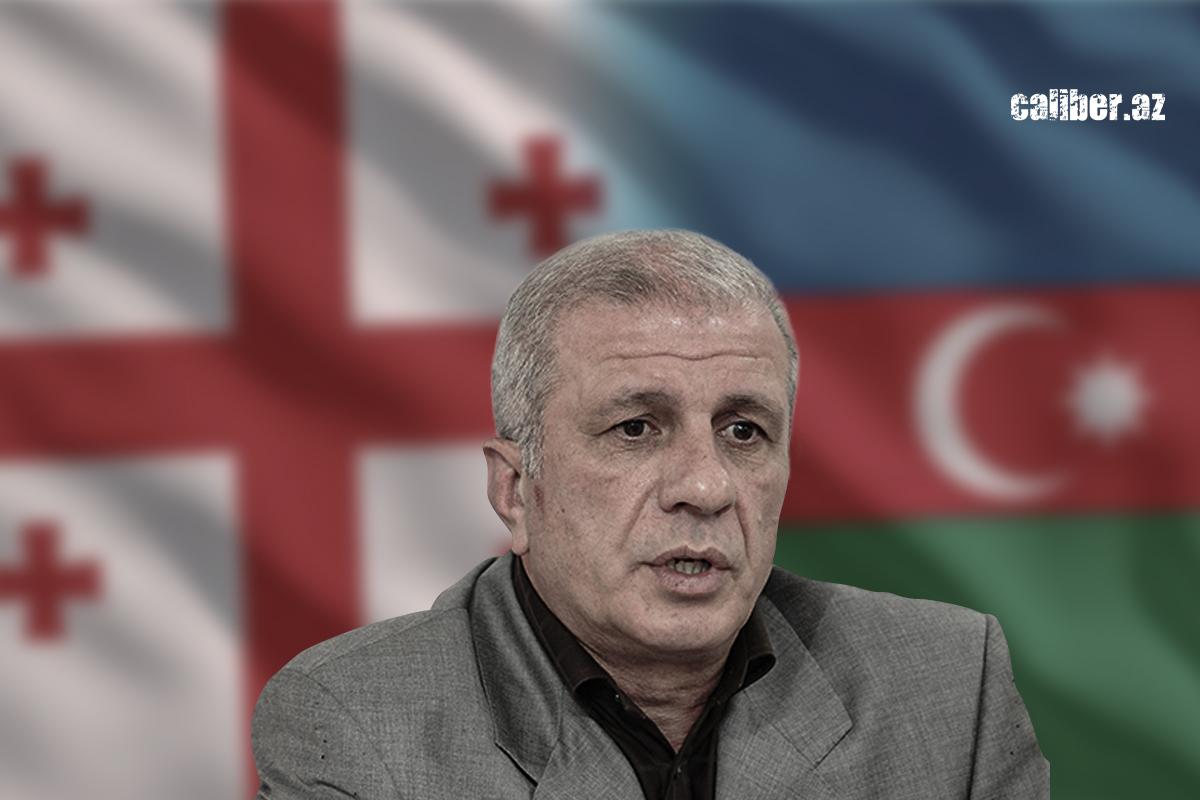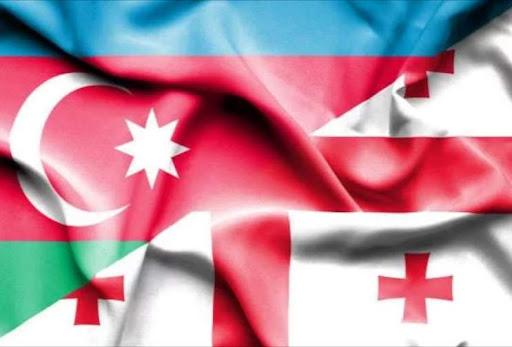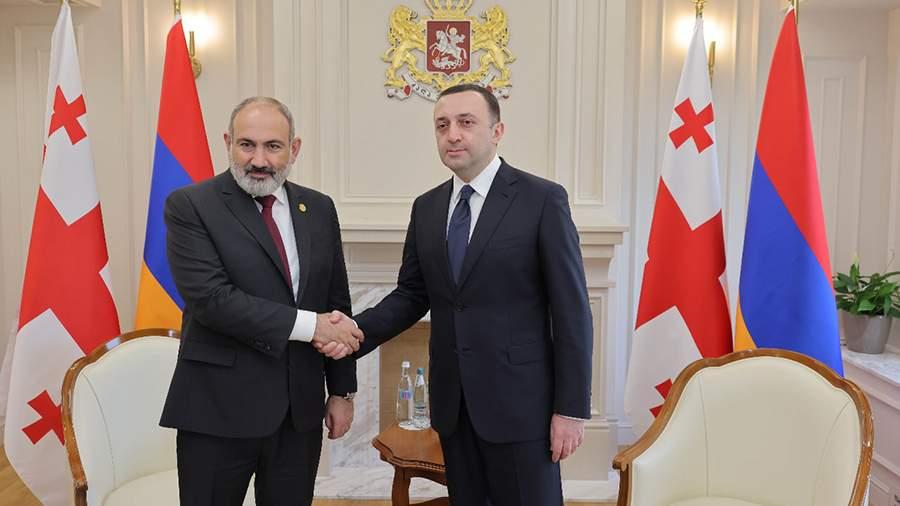No more bombing of Georgian infrastructure from Armenian territory... Caliber.Az talks to Zaal Kasrelishvili
Caliber.Az had an interview with the Chairman of the Confederation of the Caucasian Peoples, the Georgian political scientist Zaal Kasrelishvili, in which he pays special attention to the strategic partnership between Georgia and Armenia.

- Mr Kasrelishvili, the Georgian parliament has expressed its confidence in Irakli Kobakhidze as a candidate for the post of prime minister. Why him?
- I think this choice has to do with the fact that Kobakhidze is the leader of the Georgian Dream party, and he has managed to prove himself as a performer who perfectly carries out the party's instructions and decisions. Moreover, Kobakhidze and his team prefer not to get involved in political games.
- Will President Zourabichvili sign a decree appointing Kobakhidze?
- Zourabichvili is an accidental figure in Georgian politics, and if Mikhail Saakashvili had not appointed her foreign minister in his time, she would have had no chance at all in Georgia. Let me explain why.
Firstly, she was against the United National Movement party and its leaders. She managed to become President of Georgia with the support of the ruling party. Secondly, Zourabichvili has no leadership qualities, she has no popular support. Zourabichvili has no ideology, and her desire to integrate Georgia into European organisations is nothing more than a political gimmick on her part. She joined the idea but has no personal charisma. Together this plays a big role.
- What about the opposition?
- As everywhere in the Caucasus, every opposition party has "string-pullers" outside the country. When these people are different, they never unite. I think the real level of support for the Georgian opposition is no more than 17 per cent.
- After many years, Georgia has finally obtained the status of an EU candidate country. But how long do you think it will take for Georgia to become a full member of this organisation?
- Georgia's chances of joining the EU are very high. I will say more and remember my words: later this year, NATO's supreme leadership will offer Georgia to officially strengthen relations. And this prospect should make Azerbaijan happy because the road that Georgia is travelling now is also paved for your country. I have already said this, but I will repeat it: the interests of the West pass through the port of Poti to Baku, and this is a very serious indicator.

- I should note that Azerbaijan is a member of the Non-Aligned Movement and is not seeking to join any military blocs. Therefore, Georgia is probably doing this by moving closer to the West, also because of the risks of the Russian-Ukrainian war. Do you agree?
- I understand that. But wouldn't it be better if your Georgian neighbours were in serious blocs and at the same time had friendly relations with Azerbaijan?
As for risk, yes, it does exist. But since Russia is completely bogged down on the frontlines in Ukraine and is unlikely to get out of this quagmire any time soon, I don't think it will be interested in Georgia, at least in the foreseeable future. On the other hand, Georgia has already saved Russia twice, and it could do so a third time.
- What do you mean by "saved"?
- If Moscow is ready, Georgia can offer to mediate between Ukraine and Russia.
- Georgia's offer was for mediation between Baku and Yerevan, but you have seen for yourself that this option is not working in the case of Armenia. What is Georgia's assessment of Armenia's delay in the signing of the peace agreement with Azerbaijan?
- Armenia is delaying the signing of a peace agreement with Azerbaijan because it is looking to external actors to dictate the rules of the game. On the one hand, Armenia is hoping for support from its Western partners, and on the other hand, the Kremlin is giving the Armenians some hope that they will get Karabakh back. Although it is obvious that neither the Russians nor the Europeans care about Armenia. If Armenia itself is convinced about that, it will have no choice but to sign a peace agreement with Azerbaijan.
- Georgia and Armenia recently signed a strategic partnership agreement. What does this mean for Tbilisi?
- It is a strategically calibrated step for Georgia. During the Russian-Georgian war, we had no such agreement with Armenia, and at that time Russian troops were bombing Georgian infrastructure facilities from Armenian territory. Now, after signing this agreement, Armenia is obliged to fulfil the conditions set out in this document. That is, first of all.

Secondly, I believe that Georgia's strategic partnership with its regional neighbours can contribute to a close tandem between Armenians, Azerbaijanis and Georgians.
- Your optimism is encouraging. In what perspective do you see this reality?
- We are taking small steps to ensure that the next generations, our children, will not fight each other. Our main task is to lay a solid foundation for the future of Georgia and our neighbouring countries.








